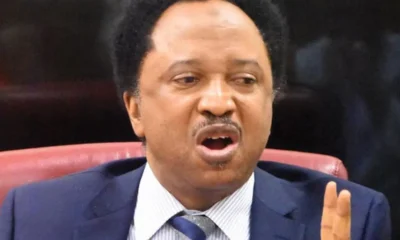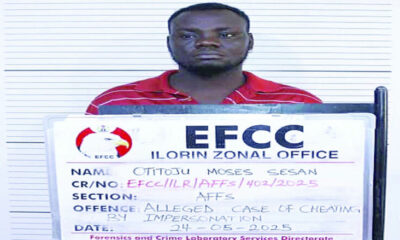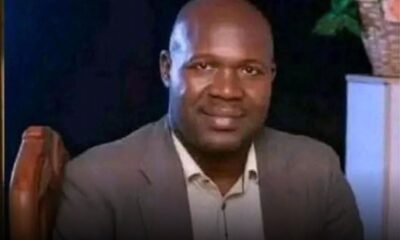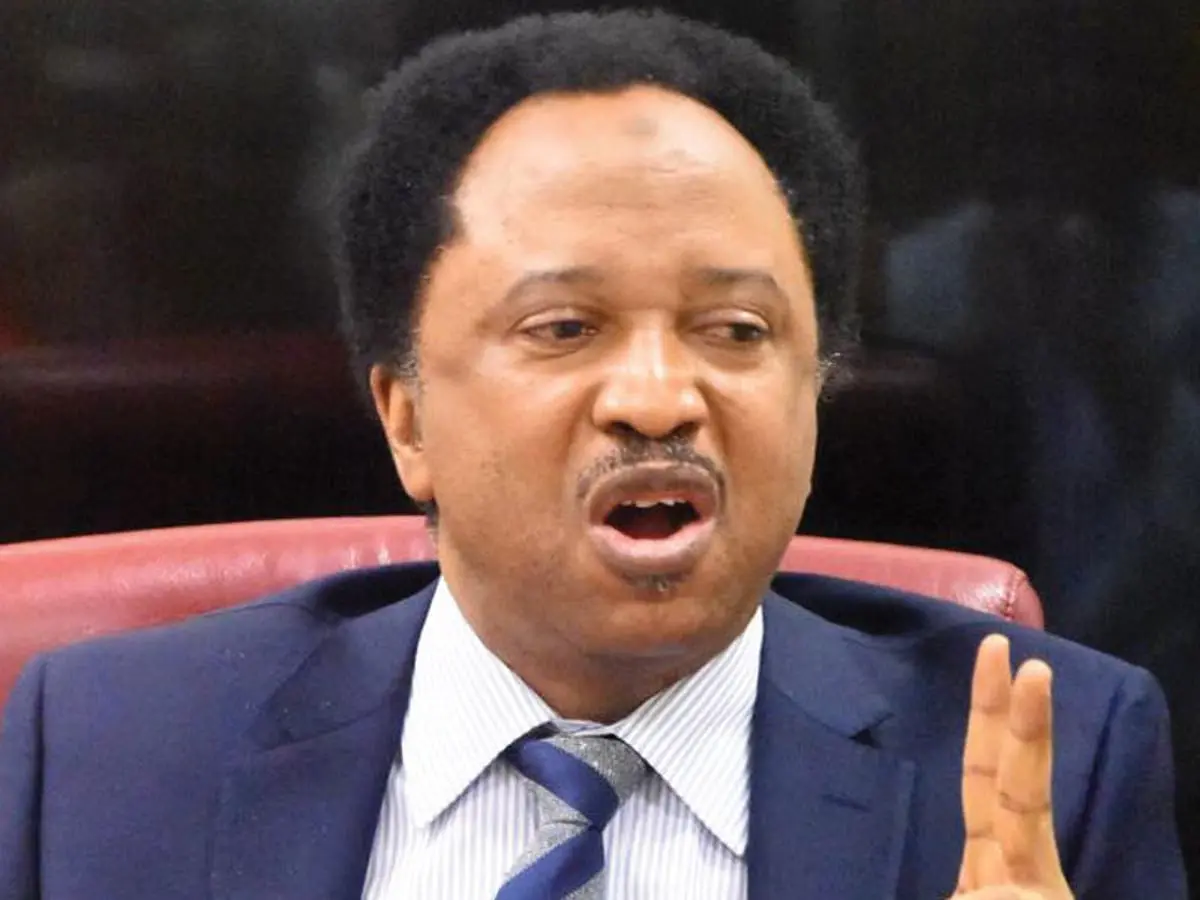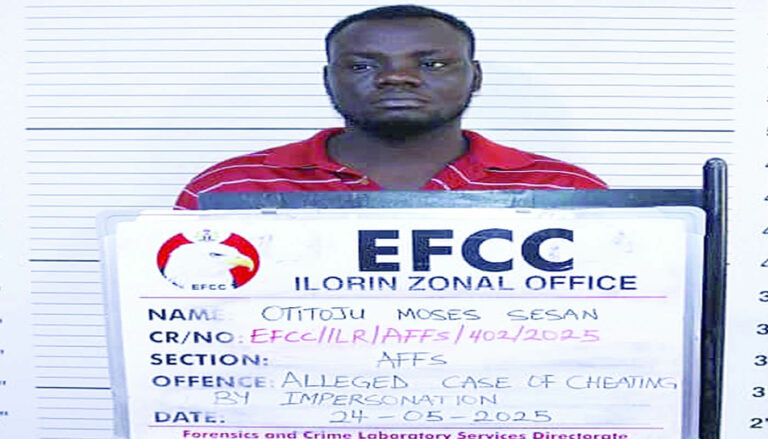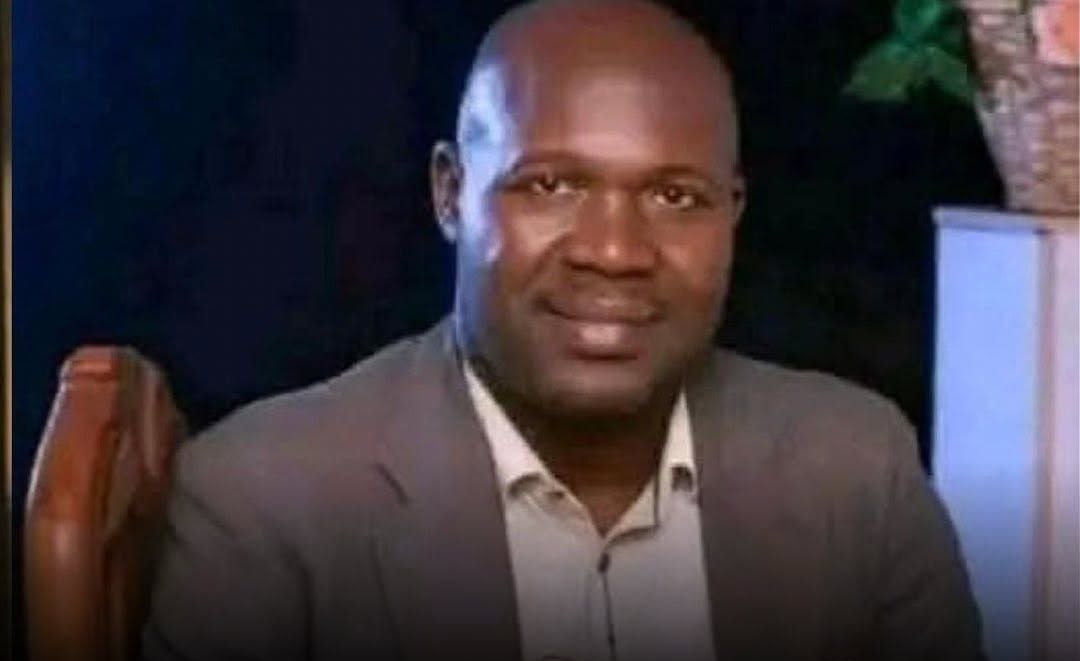The office of the Chief of Staff to the President of the Federal Republic of Nigeria, has suddenly acquired a larger than life aura. The powers believed to be domicile in that office are now synonymous with that of the president himself.
The progression of that office, through the window of time, started in recent years.
Rising from the backwaters of official obscurity, akin to the civil service rule of “being seen but not heard”, the office of the chief of staff to the president is now one that many people would do anything – indeed go to any length – to occupy.
Although not a constitutional creation, its functions are largely at the discretion of the president, with direct supervision of his activities, personal staff, and security details.
Since 1999, when former President Olusegun Obasanjo introduced the idea patterned after the US presidency, Aso Rock Villa, has played host to a few persons as chief of staff to successive presidents. Each of them lived their time and left their marks in the sand of time.
From General Abdullahi Mohammed under Olusegun Obasanjo to Gbolade Osinowo under Umaru Musa Yar’Adua, Mike Oghiadomhe and Jones Arogbofa under Goodluck Jonathan, Abba Kyari and Ibrahim Gambari under Muhammadu Buhari and now Femi Gbajabiamila, under the current president, Bola Tinubu, that office has been shaped largely by the content of the characters of the individual appointees.
Unfortunately, apart from the late Mallam Abba Kyari, who was considered “too powerful” under Buhari and thus, received constant knocks and criticisms for doing his job and taking the flaks for his principal, none other comes close to Gbajabiamila in terms of attacks and constant machination of antics designed exclusively to get rid of him
Today, Gbajabiamila is one of the most popular persons in the country – holding office or not. This, sadly, is not on account of the fact that he was not doing his job well. But essentially, because he has in his hands what several other people desperately covet.
Perhaps, it comes with the job and the territory. But the recent interpretations accorded an otherwise innocuous statement by the presidency, which last week hinted at possible cabinet reshuffle was rather discrediting.
Special Adviser to the President on Information and Strategy, Bayo Onanuga, while addressing State House correspondents in Abuja, said Tinubu would be aided in his decision by public opinions that have been empirically extracted.
In company with another Senior Special Assistant to the President on Digital and New Media, O’tega Ogra, Onanuga said there was no timeline to when Tinubu would reshuffle his cabinet, which he inaugurated in August, 2023.
“I don’t have any timeline. The president has expressed his desire to reshuffle his cabinet, and he will do it. I don’t know whether he’s going to do it before October 1, but he will surely do it.
“So that’s what I will say. He has not given us any timeline he’ll do it, but he will do it. He has expressed his plan he wants to do it,” he said.
Ogra would further shed more light on the planned exercise.
He explained that the president would be guided by an empirical process, making reference to the performance indicator of everyone.
This, of course, was being coordinated by none other than the Special Adviser to the President on Policy Coordination and head of the Central Delivery Coordination Unit, Ms. Hadiza Bala Usman.
He added: “We also need to realise that the president’s decision to reshuffle is also based on empirical evidence. He said it during the retreat for the ministers that they were going to have periodic reviews, and the decisions that are extracted from these reviews will be used to make that final decision.
“I know he’s got a couple of reports, and as Mr. Onanuga said, when he’s ready to do that, I believe he will,” he said, adding that the president has also instructed his ministers to actively promote the accomplishments of his administration.
“The president has given an order to all his ministers at the last Federal Executive Council (FEC) meeting to go out there and speak about the activities of his administration.
“Some of them have been media shy, television shy, radio shy, and he wants them to overcome all that and go out there and speak about what they have been doing.
“Because the feeling out there is that government is not doing enough and the government has been doing a lot.
It is up to them to go out there and blow their own trumpet. They should go out there and talk about what their ministries have been doing,” he added.
Nothing in the statement above suggested that the president had hinted at the possibility of dropping any of his appointees.
At best, the statement was big on the word “reshuffle” and not “shake-up” even though they both mean changes to the cabinet.
However, while the former presupposes moving people around to improve the effectiveness of the government, the latter indicates a more chaotic situation, which suggests dropping some appointees outright, albeit for the same purpose.
Still, it would not be out of place if he drops anyone as he deems fit.
But the brazen misinterpretation of facts in some of the reports, insinuating that Gbajabiamila was top on the list of those who had been penciled in to be relieved of their duties, was not only curious, but further exposed the reality of the forces that seemed to have piled up against the chief of staff since he assumed office.
For context, the expanded work of the chief of staff varies from president to president. Aside from the ability to exercise discretion, in addition to the rudimentary responsibilities of the office, he functions majorly at the whims of his principal.
In the case of Gbajabiamila, he had so earned his principal’s confidence that the president once deemed it expedient to come out to defend and as well reiterate his confidence in him, at the peak of the attacks against him.
This happened at one of the Federal Executive Council (FEC) meetings in October 2023, during which Tinubu also set the ground rules for those eligible to attend the meeting.
“Let me reiterate that a lot of stories are going around about what is happening.
I’ve told everyone that I can make mistakes. They’re bound to air them out and correct them.
“Perfection is of God. I have confidence in the integrity of my chief of staff.
All campaigns of calumny and insinuations should stop. The buck stops here.
“If I make a mistake, I’m ready to own up to it. We’re all joining hands to fight corruption, and we want to enforce the law with you,” he explained.
Even if it was a façade (which it didn’t really seem like), the fact that the president came out to stoutly defend his chief of staff was enough to douse insinuations and quell the vacuous struggle for that office, intended to viciously pull down the current occupant, Gbajabiamila.
The office of the chief of staff is not elective, and therefore, the struggle to acquire it is not just unsightly but also dishonourable.
This insatiable lust for power accentuated by poverty of ambition, has peaked in this case, sadly, with disturbing consequences on the polity and governance.
Isn’t it strange, therefore, that a chief of staff has many jobs on his hands and yet, in the same stroke, has none? Even worse, it is such a thankless call to service that earns the individual a legion of enemies as against medals.
So, what about the vain struggle?
In fact, at the state level, many governors had long adopted the idea of abandoning their chief of staff to make very good use of their deputy chief of staff, for personal reasons, instead.
If the chief of staff was indispensable, why would they travel that route in the first place?
It is, therefore, interesting to note how some people arrogate so much power to this office and rustle up huge imaginations about the identity of the occupant, sometimes beyond his own grasp.
For instance, how in anyone’s wildest imagination is the chief of staff responsible for the state of economy or the rising costs of living? In what capacity, beyond advisory, would a chief of staff give instructions or directive to ministers, the CBN governor, heads of parastatals and agencies outside of the personal staff of the president?
Yet, the impression created out there by the political hawks is that the chief of staff is the alternate president, a dip that could equally create a needless friction between the principal and his staff, where maturity and trust are lacking.
This battle for space could even be extended to the vice-president, who might think he’d been shoved aside for the chief of staff to thrive.
It’s a dangerous power gambit!
For Gbajabiamila, there’s no gainsaying that the last 17 months must be the longest in his over two decades of public service and career.
He has waltzed through some of the most demeaning allegations of corruption to being tagged the most powerful man in the country, in obvious moves to pit him against his boss.
These ungodly orchestrations by the vermin in the corridors of power are enough to mess with his mental health and emotional stability, especially for a man with grownup kids, whose friends also read some of the “devastating lies” and are wont to ask relevant questions.
Unfortunately, for both his real and perceived enemies, while Gbajabiamila does not appear desperate, his fate is clearly not in their hands either, but his principal, who once publicly stood for him, based on convictions.
It also doesn’t mean they would back off if they failed in their current adventure. It is just characteristic of the filthy power play in a black society, where every approach is considered fair, so long the end justifies the means. They are likely to moot and sculpt other more devastating plots in no time.
Until the president decides what he ultimately does with his appointees, some of whom are being reportedly considered for reshuffling in the coming days, the political jobbers currently strutting the turf and fretting their hours on dead wishes, should, at least, let Gbajabiamila breathe?
As published today in Thisday Newspaper https://www.thisdaylive.com/index.php/2024/10/08/the-villas-chief-of-staff/

 BIG STORY4 days ago
BIG STORY4 days ago
 BIG STORY3 days ago
BIG STORY3 days ago
 BIG STORY4 days ago
BIG STORY4 days ago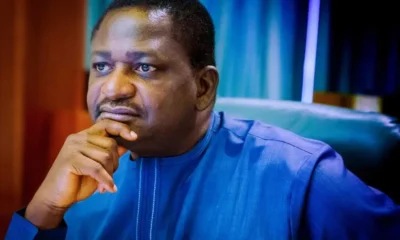
 BIG STORY3 days ago
BIG STORY3 days ago
 BIG STORY3 days ago
BIG STORY3 days ago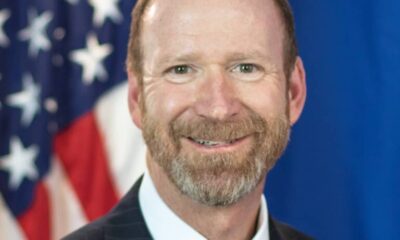
 BIG STORY3 days ago
BIG STORY3 days ago
 BIG STORY3 days ago
BIG STORY3 days ago
 BIG STORY5 days ago
BIG STORY5 days ago







